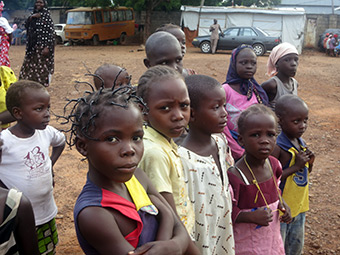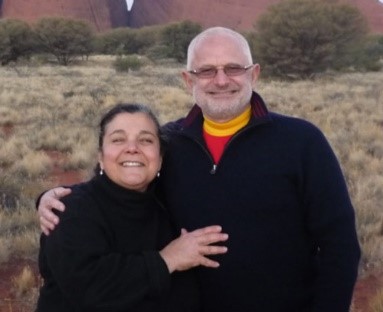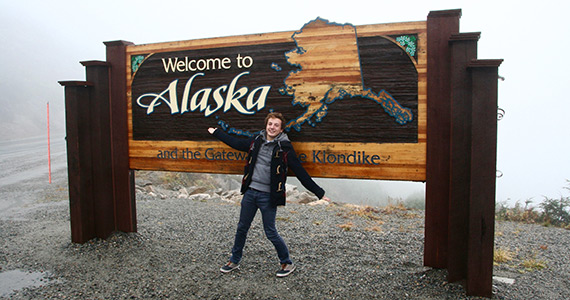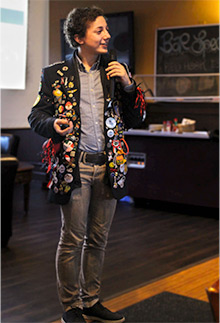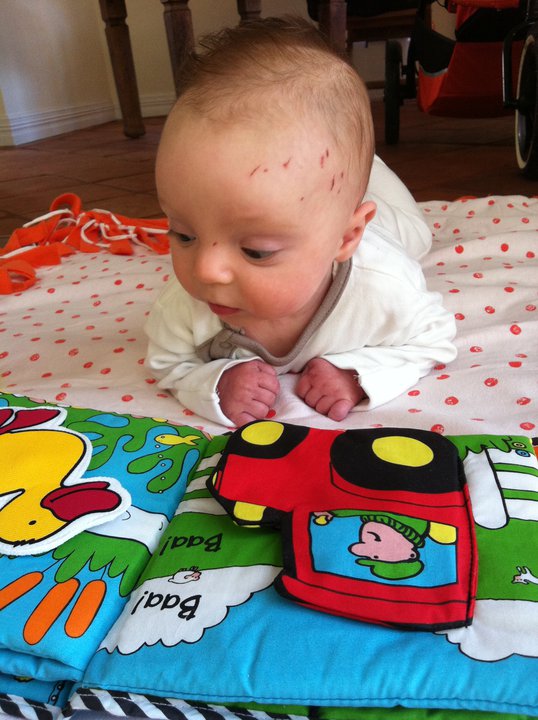Last Week’s District Governor Visit
Thank you to all who attended last Tuesday to hear District Governor Michael Milston and his wife Ann Dib give their presentation to our E-Club. Thank you Michael and Ann for a wonderful presentation that has stimulated our thoughts about how our Club might develop. For all that missed the presentation it is recorded and on this website to view here – DG’s Presentation
CHANGES TO ATTENDANCE ON OUR WEBSITE
The recording of your attendance has been refined and improved by Cameron to allow YOU to record meetings of our Club by browsing our website, attendance at other Rotary meetings or service that you have performed with another service organisation or the community generally. You can even download a copy to Excel of all your attendance for the year to see what you have done.
You also need to be aware that your President, Secretary and Admin Director can see all attendance, all comments and download it to Excel. Please all try it out and keep attending!!
SURVEY OF MEMBERS TO FIND PREFERRED DAY/TIME OF MEETINGS
Can all members complete the survey under the Members menu by the 10th November please?
This is good advice:
7 features of a highly effective service project

Rotary members in Virginia, USA, deliver mobility equipment for a local hospital.
By Richard Cunningham, Rotary Club of James River, Richmond, Virginia, USA
We cannot expect to grow membership without engaging our members in service. RI President John Germ has stated this unequivocally and our club is taking that to heart.
Selecting the right project, therefore, is critical to the health of your club. Here’s a few basic principles we’ve found to be true about service projects:
- Sweat equity is the single most vital aspect of our mission and one of our greatest strengths.
- Club leaders are responsible for both success and failure.
- Engaged Rotarians take responsibility for their own learning.
- Technology is important.
- Members should expect to serve.
- We need to recognize the volunteer resource represented by retirees, the self-employed, and non-working parents with time to spare.
- One-off walk-away projects do little to cultivate longer term engagement with Rotary.
- Hands-on projects provide opportunities for members to develop their leadership skills.
- Fund raisers are an important part of what we do, but there is much more to being engaged in Rotary.
- Rotary is more than being a member of a single club.
- Our Rotary Foundation is one of the finest vehicles for giving in the world.
- Club 501(C)(3)s are important to capture individual tax free donations in the USA. Setting one up is not expensive, and within the ability of club leaders.
- Rotaract, Interact, RYLA, and Rotary Leadership Institutes are important to our present and future.
- Most of us learn by doing.
- We need to watch out for the threat of status quo and board inertia.
- We need to say “yes” to good projects promoted by one or more of our members.
- Our ability to serve is proportional to the number of available volunteer hours.
With this in mind, we suggest any great project should have these seven attributes:
- Involve several of the six Areas of Focus. Our most recent project dealing with eye care for underprivileged children relates to basic education and literacy; maternal and child health, and disease prevention.
- Be interesting to as many professions as possible. For example, our latest project is of particular interest to medical professionals, educators, and community and political leaders
- Benefit as many people in the community as possible. The bigger the better, as larger efforts will attract more media interest. By collaborating, you can engage small clubs in bigger issues.
- Be affordable and grant eligible and pursue international partners. Collaborating with other clubs on district or global grants opens up opportunities for members to step into leadership roles and experience Rotary on an international scale.
- Involve multiple age groups, including Interact, Rotaract, RYLA participants, and all generations from Baby Boomers on.
- Address a major community issue and include a public image component that will stimulate local media interest and build relationships with media outlets.
- Involve a long range vision for sustainability and focus on long-term relationships. A series of related projects is a great way to develop ongoing relationships and retain membership interest. Small projects grow into larger efforts this way.
We believe doing all these things develops a “Service Centered Leadership” culture which results in a sustained and sustainable membership growth environment.
Give to support the work of our Rotary Foundation, and learn how you can celebrate 100 years of doing good in the world.

